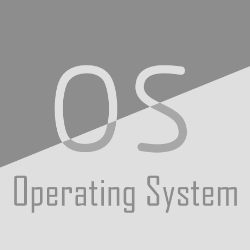In response to the COVID-19 pandemic, Bluetooth-based contact tracing has been deployed in many countries with the help of the developers of smartphone operating systems that provide APIs for privacy-preserving exposure notification. However, it has been assumed by the design that the OS developers, smartphone vendors, or governments will not violate people's privacy. We propose a privacy-preserving exposure notification under situations where none of the middle entities can be trusted. We believe that it can be achieved with small changes to the existing mechanism: random numbers are generated on the application side instead of the OS, and the positive test results are reported to a public ledger (e.g. blockchain) rather than to a government server, with endorsements from the medical institutes with blind signatures. We also discuss how to incentivize the peer-to-peer maintenance of the public ledger if it should be newly built. We show that the level of verifiability is much higher with our proposed design if a consumer group were to verify the privacy protections of the deployed systems. We believe that this will allow for safer contact tracing, and contribute to healthier lifestyles for citizens who may want to or have to go out under pandemic situations.
翻译:针对COVID-19大流行,在智能电话操作系统开发者的帮助下,许多国家部署了蓝牙接触跟踪,这些开发者提供了用于保护隐私的接触通知;然而,设计假设OS开发者、智能电话供应商或政府不会侵犯人的隐私;我们建议在没有中层实体可信任的情况下发出隐私保护暴露通知;我们认为,只要对现有机制稍作改动,就可以做到:在应用方而不是操作系统上产生随机数字,而向公共分类账(例如链条)报告积极的测试结果,而不是向政府服务器报告测试结果,并由盲人签名的医疗机构认可;我们还讨论如何在新建立公共分类账的情况下激励同行维护公共分类账;我们表明,如果一个消费者团体要核查所部署系统的隐私保护情况,那么我们的拟议设计中的核查水平就会高得多;我们认为,这将有利于更安全的接触追踪,并有助于公民在大流行病下选择更健康的生活方式。



